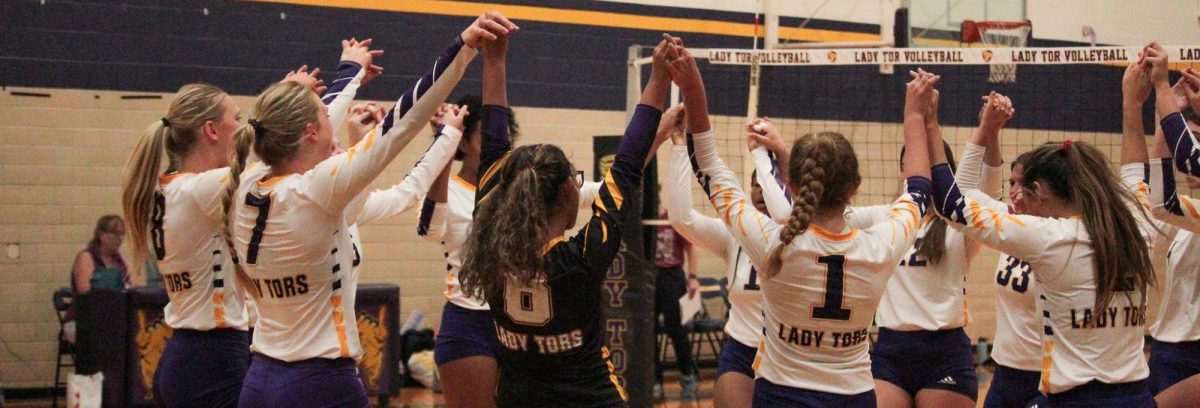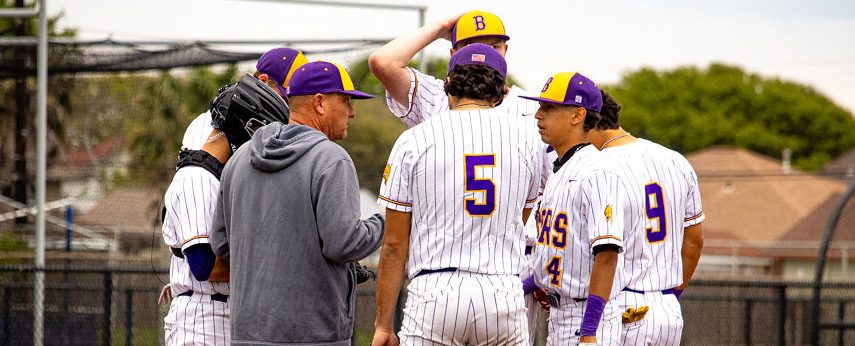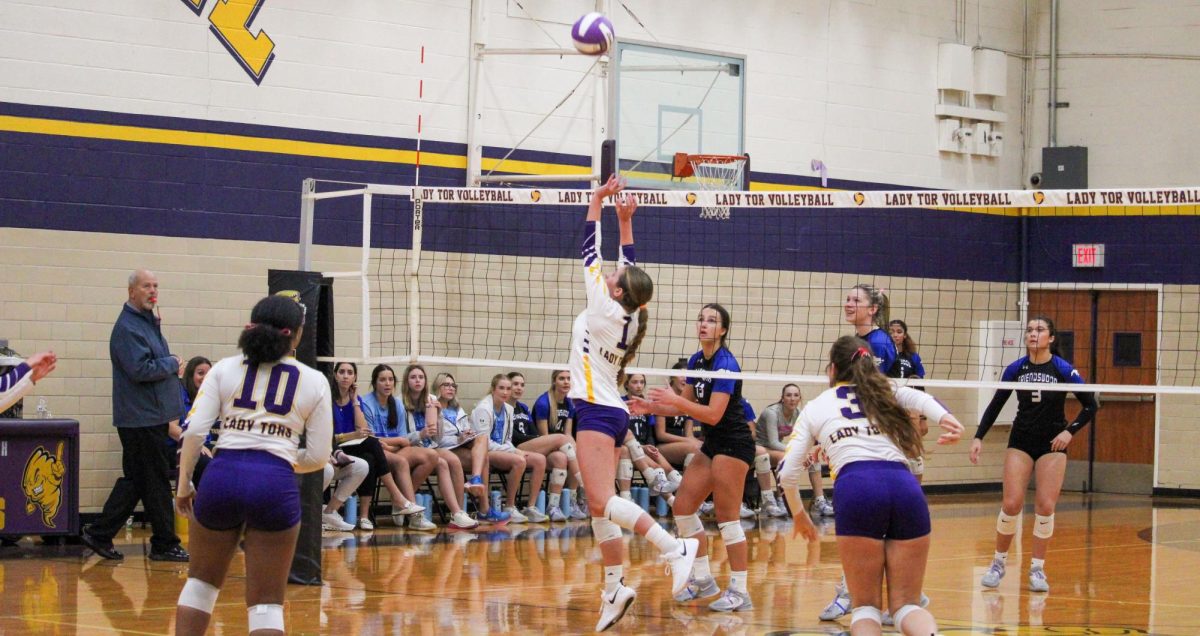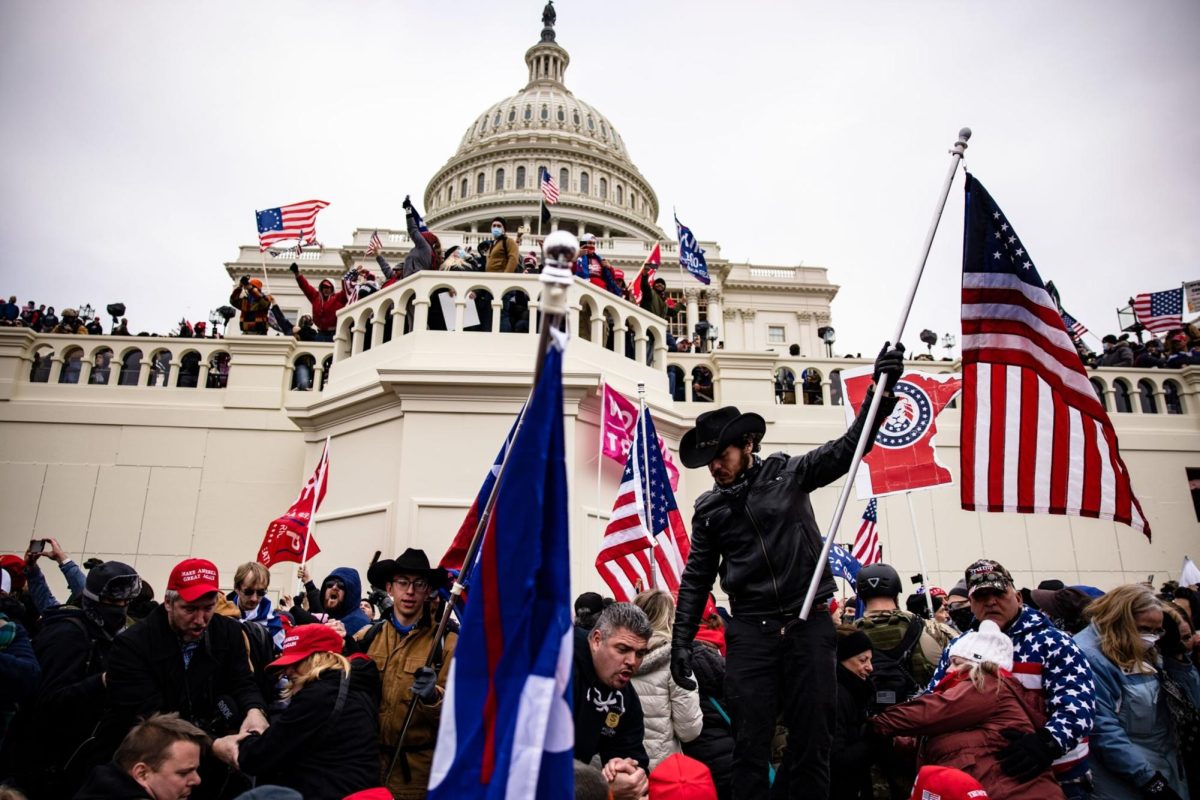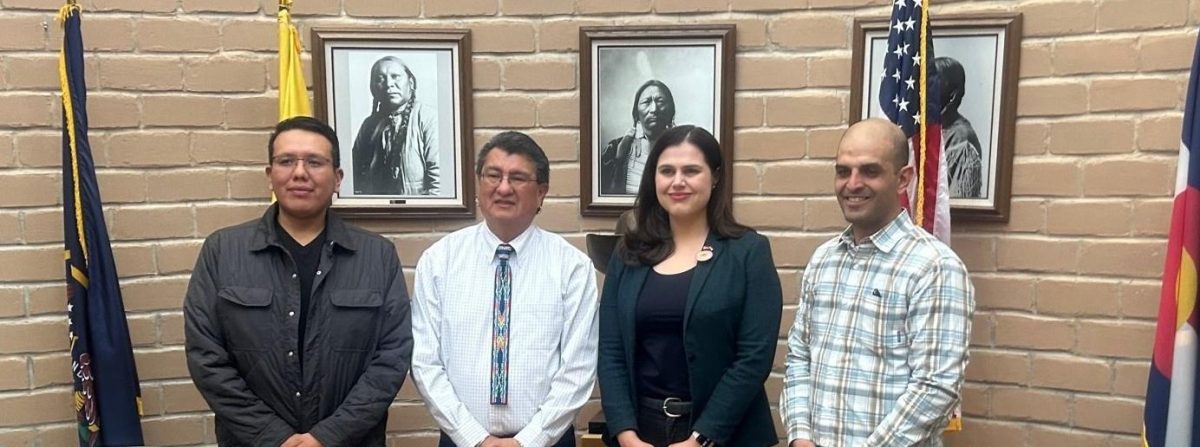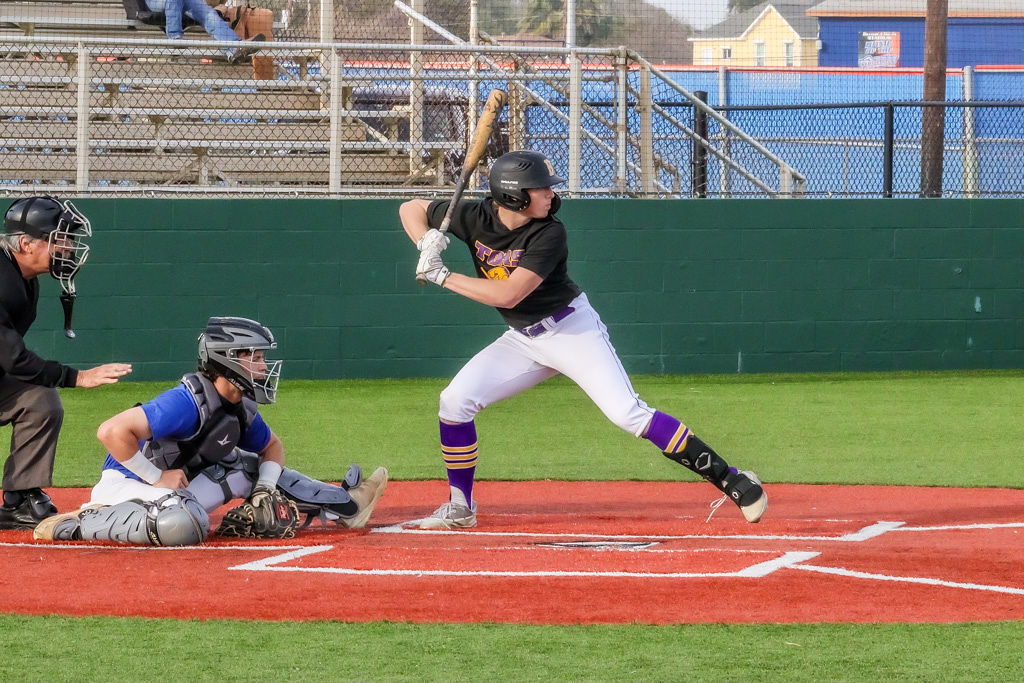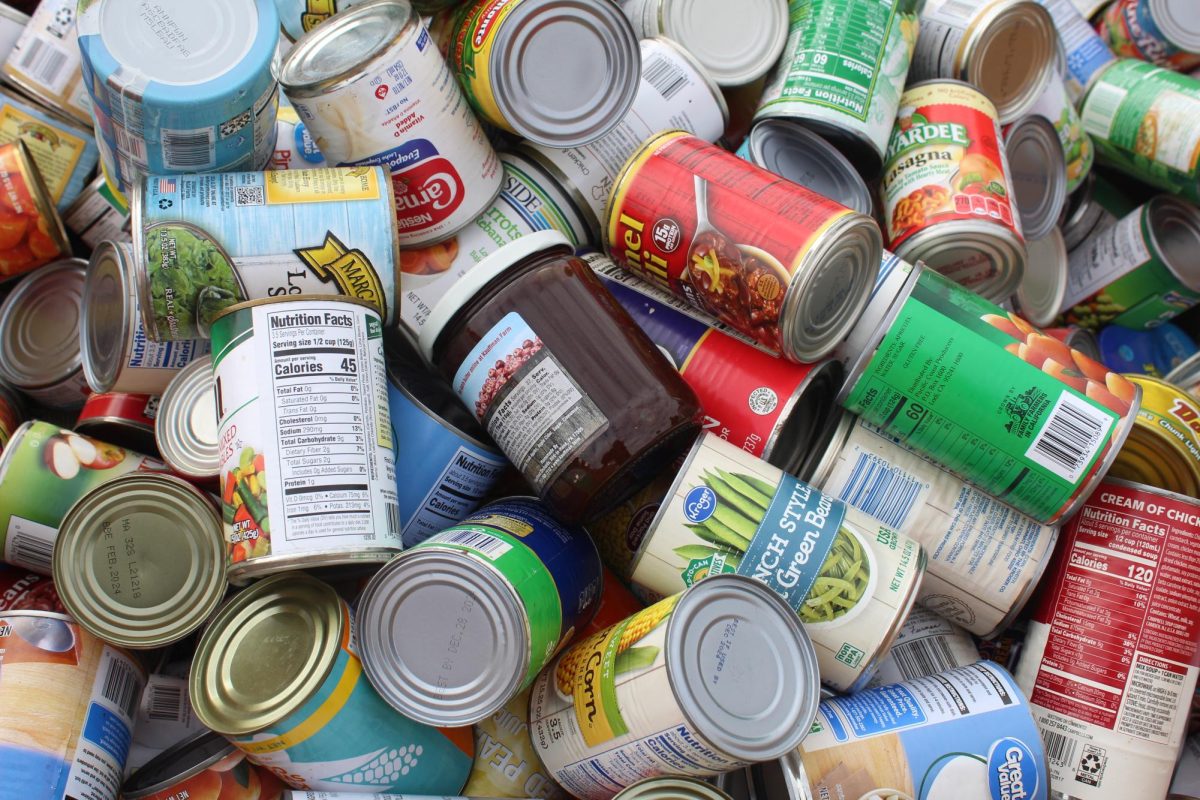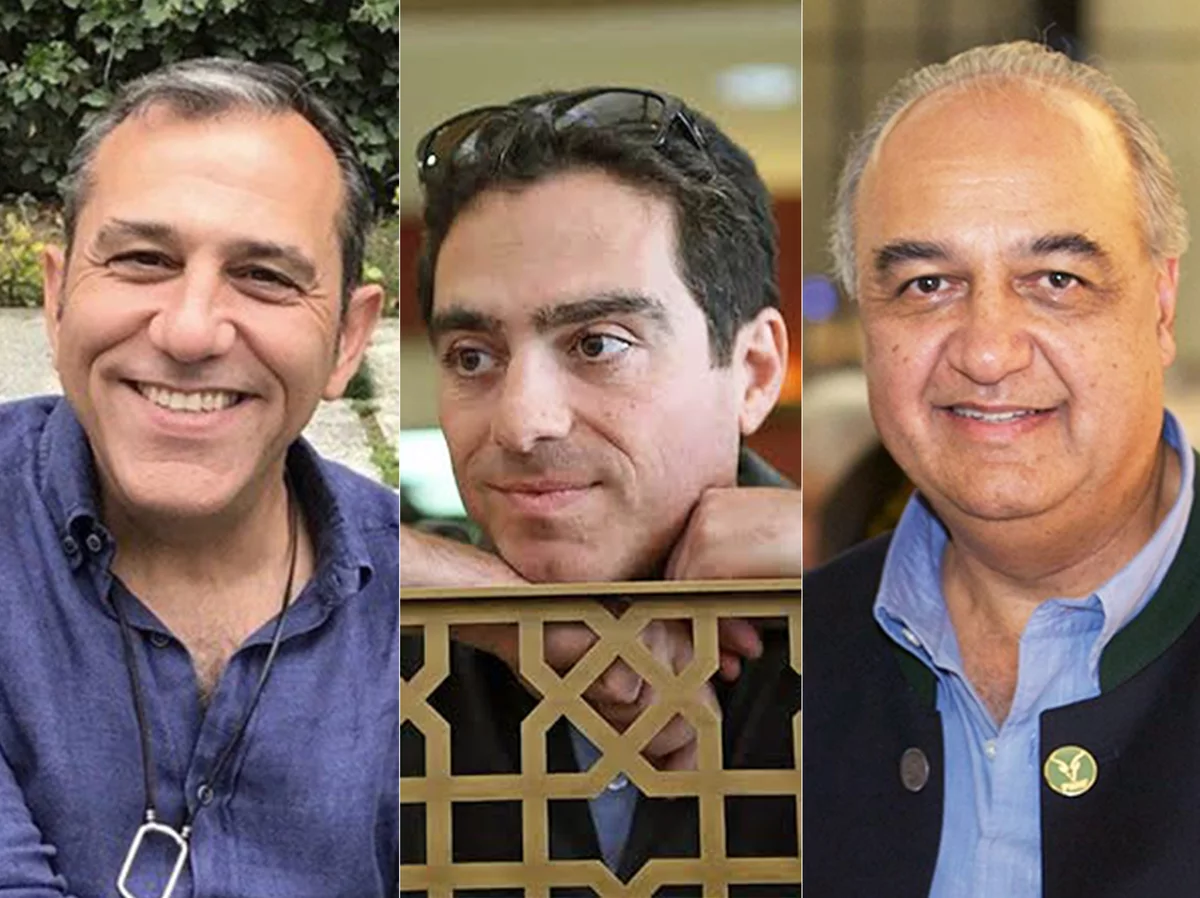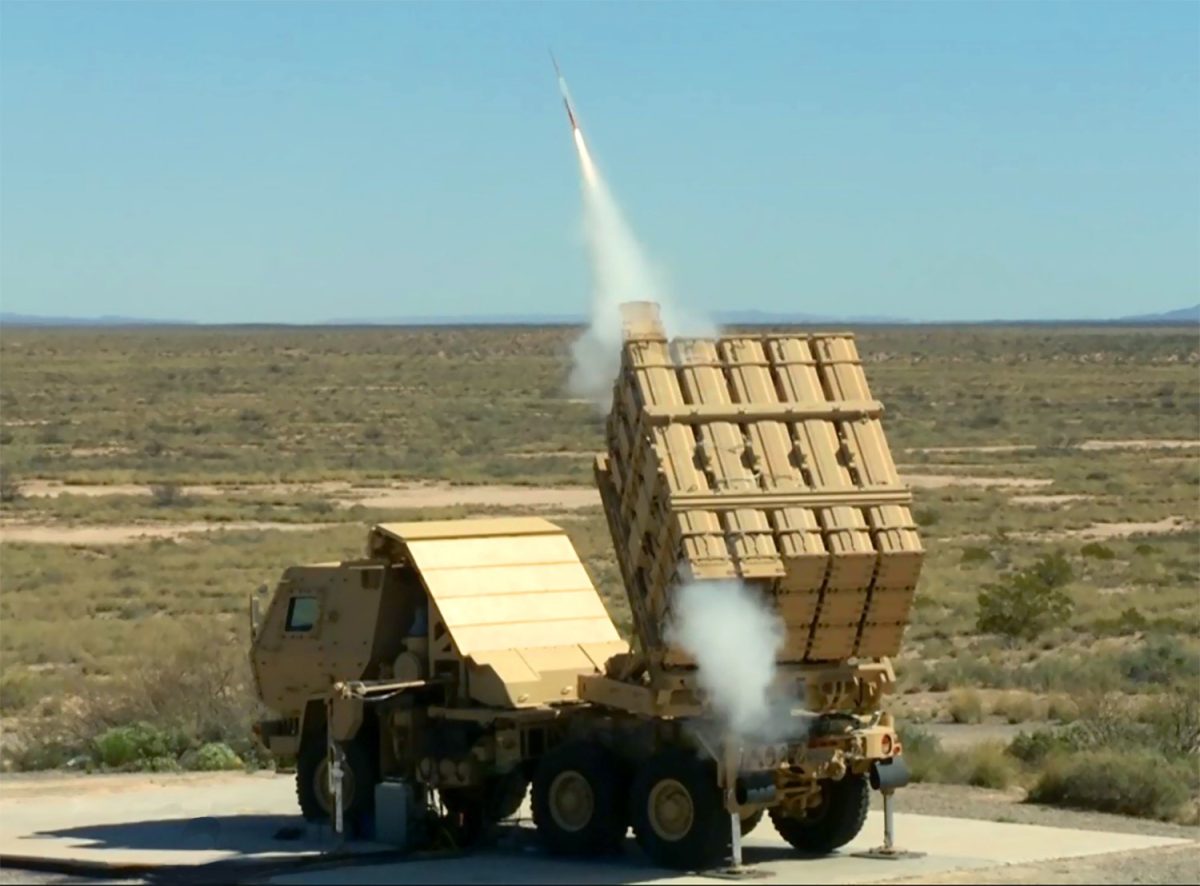It has been forty-four years without diplomatic relations between Iran and the U.S. because in 1979 the Iranians stormed the U.S. embassy in Tehran and kidnapped 66 Americans and held 52 of them hostage.
Monday, September 18th, America participated in a prisoner swap with Iran, freeing five Iranians from U.S. custody in return for five American prisoners. Unexpectedly, this happy story has created controversy among some Republicans who were less concerned with the reunited families and more concerned with the money part of the deal.
While Iran returned five prisoners, the U.S, exchanged five Iranian prisoners and unfroze $6 billion dollars’ worth of oil revenues, money that belongs to the Iranians, but the U.S. had been holding since sanctions were imposed against Iran 44 years ago. The US claims that the funds will be strictly regulated, but Iran declared it is their money, and they will spend it how the wish.
The right wing of the Republican party claimed that the “no paying ransoms” policy the U.S. employed for decades has been demolished. However, others think this is a huge steppingstone towards cooperation from Iran. While it does appear that the U.S gave into Iran’s demands about the money, America could use this to build a relationship with Iran and use it to our advantage.
“I am always glad when Americans are released from captivity,” Sen. Lindsey Graham, R-S.C., said “However, this agreement will entice rogue regimes, like Iran, to take even more Americans hostage. The ayatollah and his henchmen are terrorists and truly represent a terrorist state.”
Sen. John Thune claimed that “The U.S. should be unrelenting in its efforts to bring detained Americans home, but Iran will now count pallets of ransom money, putting its leaders in a better position to develop a nuclear weapon and fund terrorists. And the price to release U.S. hostages will only go up.”
“This is not a payment of any kind,” a Biden administration official said. “No funds enter Iran, nor do any funds get paid to Iranian companies or entities. At bottom, these are Iranian funds – payment made by South Korea to Iran for purchases of oil years ago, including during the last administration – moving from one restricted account in Korea to another restricted account in Qatar.”
The Americans involved in the hostage swap included Siamak Namazi, 51, held in Iran since 2015, the longest-held American since Iran’s Islamic Revolution in 1979. The others, Morad Tahbaz, an environmental activist, detained in 2018, Emad Shargi, arrested in Iran in 2018, and two other U.S. citizens not publicly identified.




